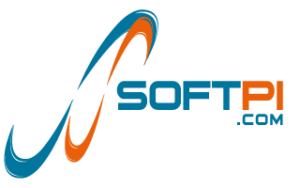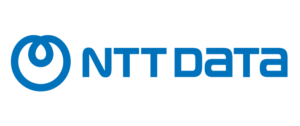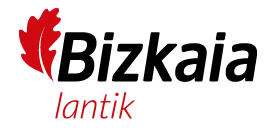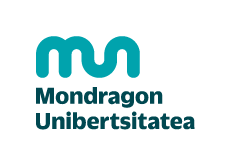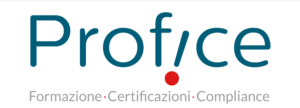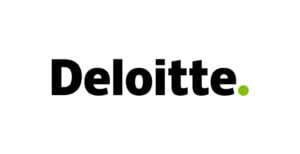
Francesco Saverio Colasuonno of Inail among key players at PA Data Management Summit in Rome
We are revealing day by day all the professionals who will participate with their presentations at the most important event in Data Management. For the first time a forum tries to focus on Data Management in its entirety, from governance, through security, cloud, machine learning, data virtualization and much more. Today we introduce Francesco Saverio Colasuonno, who will be among the featured speakers at the Italian edition of the Data Management Summit to be held Sept. 19 at SMI Technologies & Consulting in Rome.
Tell us a little bit about your trajectory
I began my career as a recent graduate in the field of regional health, designing the data warehouse of the health service of the Apulia Region.
I later moved to Central Public Administration:
- first in INPS as head of the Inps-Inail integrated contact center and head of the Technical Secretariat of the IT Directorate
- then in INAIL, where I am currently the executive in charge of Data Governance, with the mission of enhancing the Institute’s data and information assets, consistent with the national and European data strategy. Previously, also in Inail’s Central Digital Organization Directorate, I was responsible for other functions: IT strategies, architectures and security, organizational processes, demand management, and application development.
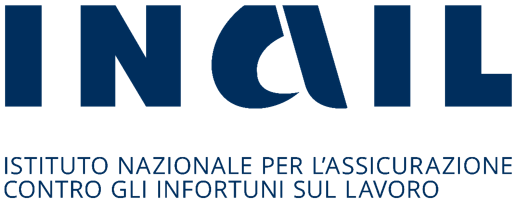
It has always stimulated me to deal with projects that, through the conscious use of technologies, generate value for citizens and the country system.
Tell us about the challenges your institution is facing in the world of data management.
At Inail, we are pursuing a data strategy 2023-2025, shared with national institutional bodies for strategic guidance and coordination on data governance, which aims to develop the core capabilities to exploit and manage data in order to achieve strategic objectives in the digital sphere.
Specifically, the 10-site project framework aims to develop the key elements of the Institute’s data management model. The main objectives concern:
- the enabling technology, sized to handle so-called Big Data (we are talking only for the institutional area of orders of magnitude of hundreds of Terabytes that vary with the rate of thousands of transactions per second)
- the organizational dimension, in terms of defining an organizational model of data governance, involving the different structures of the Institute, qualifying processes, roles and responsibilities for the governance of the entire data life cycle
- the dimension of data skills and culture, in terms of training and communication projects to disseminate within the Institute the knowledge needed for proper data governance.
In particular, Inail aims to further strengthen its role as an advisor to companies and workers on health and safety in the workplace and to take care of the overall well-being of the worker, networking with other players in the relevant ecosystems (labor, welfare, health).
To do this, the use of data is crucial, to achieve a data-driven organization, that is, a company (and a Public Administration) in which organizational choices, innovations, and decision-making processes are guided and supported by data.
Do you think companies and institutions have the right culture to handle data?
Significant strides have been made in recent years in the awareness of the importance of skills and culture on data, both in the public and private sectors, and both in terms of specialized skills and business, but there is still much to be done.
It is critical in this context to bring business on board; data governance cannot be just an IT issue. It is important that the culture of data is spread throughout the organization and the skills to be developed are consistent with the roles held by the staff (professionals, data creators, data consumers).
Another key element is measurement. The degree of maturity in terms of skills and data culture should be monitored with appropriate KPIs to keep a constant pulse on the progress made.
What are the most important challenges for CIOs, CDOs, CTOs for 2024?
By now, digital is a well-established theme, and somewhat all organizations, to varying degrees, have pursued their transformation journey.
Now the biggest challenges and “hot” issues for the coming years concern:
- artificial intelligence, and in particular generative AI: it is essential to gain skills and experience in this area so that we do not risk being caught unprepared by the now certain exponential spread in the coming years of these technologies, and thus develop in time the ability to govern and create value from them, rather than being overwhelmed by them
- sustainability: this issue is now becoming a key element of every business plan of public and private companies, in its broadest sense, and therefore in its different dimensions, environmental, economic and social. All organizations must play their part in properly balancing these dimensions for the benefit of the present and future generations
- security: the topic of cyber security, privacy and so-called cyber resilience is increasingly topical and a pivotal element for organizations, so much so that it is urging the need for regulation at the national and European levels.
We record an exponentially increasing amount of information in these areas, and therefore the ability to manage it is essential for adequate governance of the associated phenomena.
Moreover, safeguarding the citizen’s “digital rights” inevitably comes through ethical and legally correct use of both data and new data processing technologies (Machine Learning and AI, Natural Language Processing, IoT and Edge Computing, etc.). Legal and ethical skills therefore become as important for managers as technical and business skills.

Finally, at a time in history when the issue of attracting and retaining and retaining resources (talent retention) is increasingly topical, and not only for public administration, it is essential to take “care” of people, colleagues and collaborators, the real protagonists of change.
We will be lucky enough to hear a talk from you-what are you going to talk about?
I will try to share some key elements of Inail’s data strategy that may also be of interest in other contexts, with particular reference to public data, in particular:
- The importance of homogeneous and integrated data governance at the level of central and local government, through adherence to and integration of data with national and European platforms for data governance: the national and European open data catalog, the national catalog of data semantics, the national digital data platform
- The importance of an enterprise-wide approach to data governance, involving the entire organization
- the relevant architectural and technological elements with particular reference to near-real-time and self-service analysis solutions for business intelligence.
Why you can’t miss the Data Management Summit
DMS is an exclusive event to lead the data management community in the technology landscape, an open discussion forum to share experiences and use cases. An essential summit for CIOs, CTOs, CDOs, BI Managers, Data Governance Officers, Data Scientists implementing emerging technologies to solve new technology challenges. The event is held in different editions and in different countries. The Italian edition was held on May 24 in Milan, but the one on September 14 in Rome will be reserved only for public administration and on October 25 and 26 in Bilbao for the Spanish edition.
To register, one must do so on the website.
http://datamanagementsummit.org
Seats are limited, access by invitation only. When you register you are applying to be an assistant, confirmation will come a few days before the event. Seats at the physical event have long since sold out and are limited to 60 people.
The event is limited in number but in case you want to invite people let me know as soon as possible. We will pass you a special link to do so.










